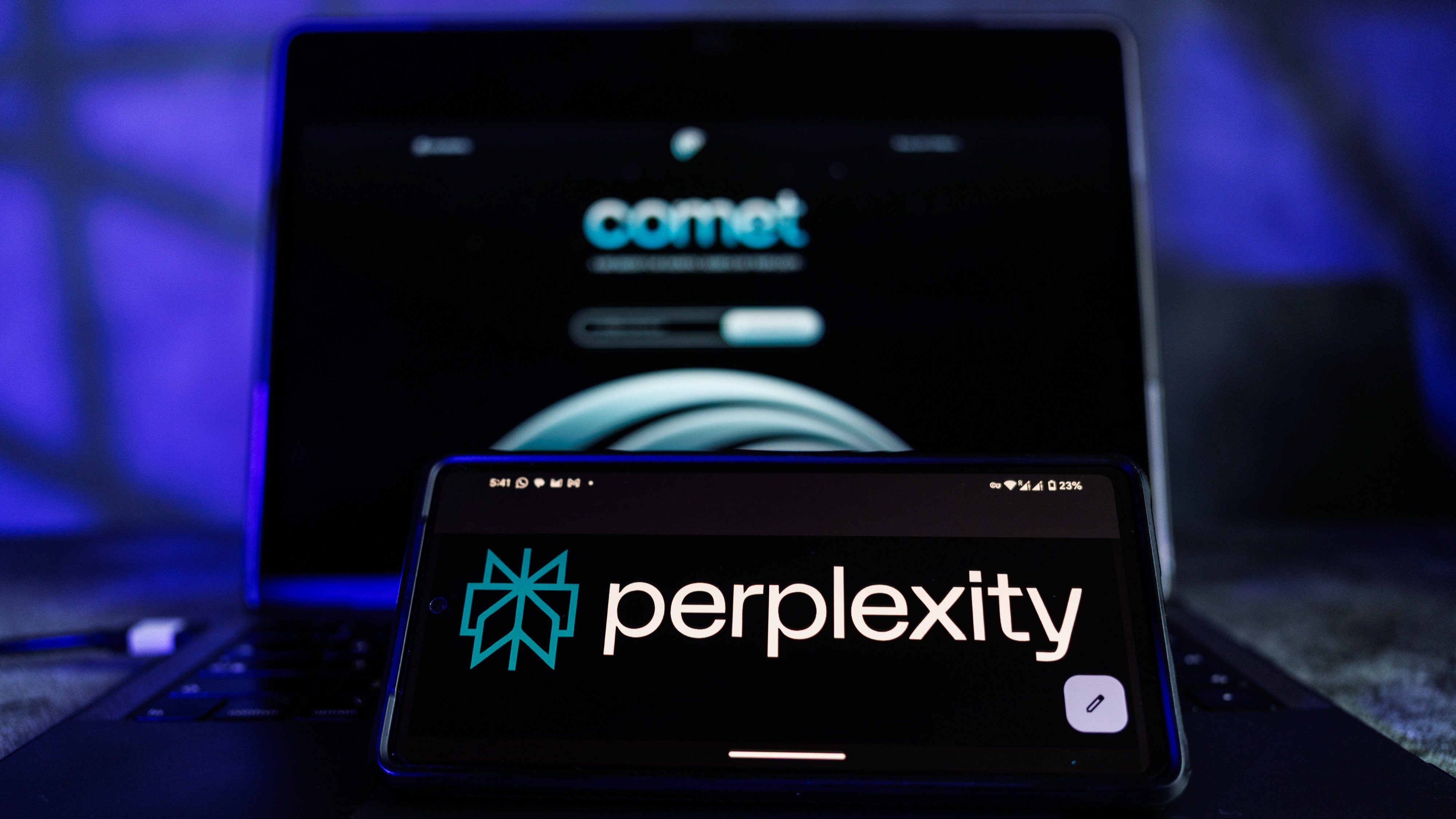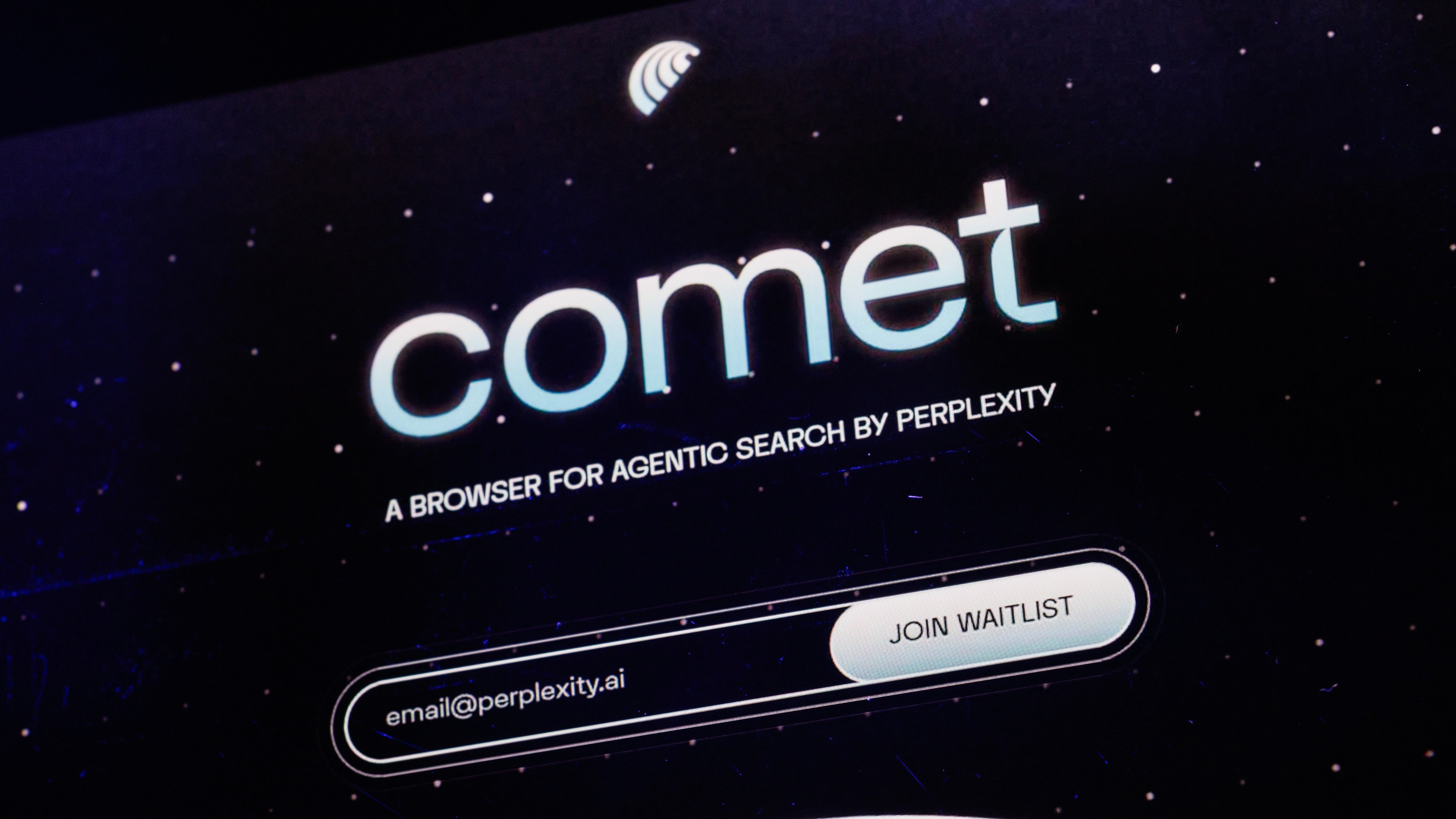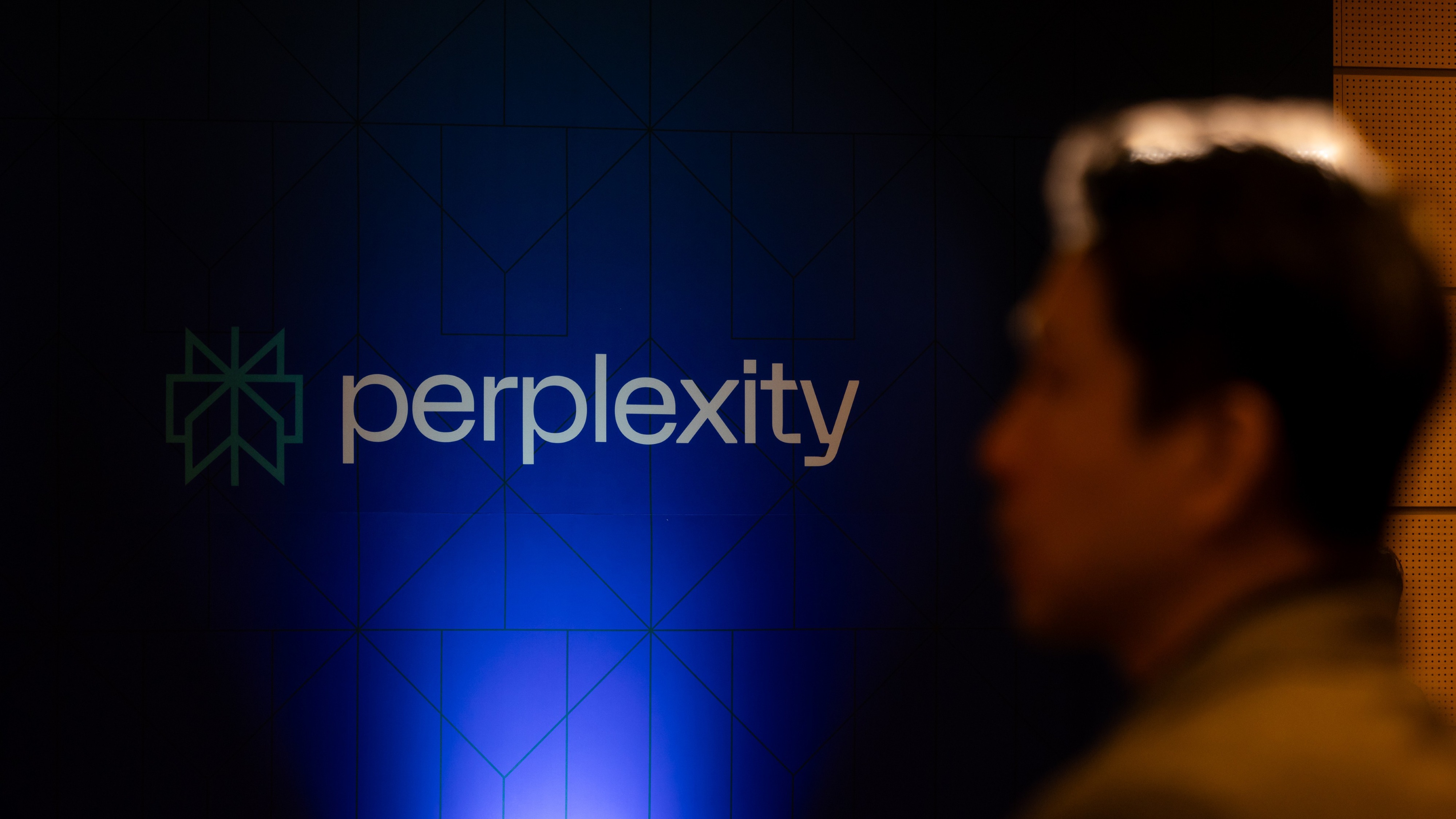This $5 subscription wants to save online journalism from low-effort AI summary slop — but it'll only work if publishers opt in first
Perplexity's 'Comet Plus' promises to pay publishers for every AI-powered citation, visit, and summarization.

All the latest news, reviews, and guides for Windows and Xbox diehards.
You are now subscribed
Your newsletter sign-up was successful
For the most part, clicks have kept online journalism alive and (mostly) thriving before generative AI models started to appear. Clicks should lead to revenue, which pays the reporters behind news and editorial articles across the web. However, various artificial intelligence bots, like Google's AI Overviews for search and OpenAI's ChatGPT, are now actively crawling this content and redirecting page views from those same clicks.
It's wreaking havoc on the digital publishing world, an industry that continues to rely on advertising and affiliate revenue from genuine, human traffic. AI-generated summaries can be convenient for readers when they work as intended, but they're not immune to errors — or "hallucinations" — that can report completely incorrect information scraped from outdated (or just plain irrelevant) sources.
Still, these AI crawlers have enjoyed an unchallenged free pass to harvest data from a wealth of websites across various publishers, recycling the information they find into a digestible chunk of text to potentially stop readers from ever clicking through to its source, particularly if cited sources are missing, which happens regularly. So, what does private AI firm Perplexity think it can do to tackle the problem?
Perplexity offers a similar summarization experience via its AI-powered "Perplexity Assistant" alongside its search engine (which it calls an "Answer Engine"), and its standalone "Comet" AI browser. Still, if it doesn't address the fundamental issues of AI summaries, it'll continue to drain the revenue that publishers rely on to pay employees. No more traffic, no more content — that's just the way it works.
Other companies are also realizing that free data harvesting isn't a feasible long-term solution. After all, what data will AI harvest if humans stop creating content? In response, Perplexity has announced a new method for compensating publishers for content used by its AI (via Bloomberg).
Comet Plus is Perplexity's new $5 monthly subscription plan, designed to give "Perplexity users access to premium content from a group of trusted publishers or journalists," at least according to the official press release.
Should publishers decide to enter into a content agreement, any Comet Plus subscribers will have direct access to their content, which Perplexity aims to keep to "the highest-quality content on the web."
All the latest news, reviews, and guides for Windows and Xbox diehards.
"A better internet requires a better model"

As explained in Perplexity's press release, Comet Plus will distribute revenue to its partners "based on three types of internet traffic: human visits, search citations, and agent actions." This means that publishers will receive a monetary kickback any time their content is accessed by Perplexity AI, whether that's via its Comet web browser, search engine, or AI assistant.
We’re distributing all of that revenue to participating publishers, minus a small portion for Perplexity’s compute costs.
Perplexity, via "Introducing Comet Plus"
Perplexity claims that 80% of the money it earns from the $5 subscription fee will be allocated to any participating publishers, while the remaining 20% will go towards the general computing costs that keep the AI running. According to Bloomberg, Perplexity has an initial $42.5 million pool to work with, which will presumably be refilled once the new Comet Plus subscription model gets rolling.
For clarity, Perplexity already offers Pro ($20 per month) and Max ($200 per month) plans, and existing members will have Comet Plus included as part of their subscription. As for who's involved from the beginning, Perplexity explains, "We'll announce our initial roster of publishing partners when Comet becomes available to all users for free."
Perplexity is familiar with publisher scrutiny
Perplexity is no stranger to legal issues involving copyright and trademark infringements. The company received backlash from major publishers early last year, which reportedly led to the announcement of the Perplexity Publishers' Program in July 2024.
The program, designed to share ad revenue that a site would normally receive if AI weren't summarizing its content, had a list of initial partners including TIME, Der Spiegel, Fortune, Entrepreneur, The Texas Tribune, and WordPress.com. As reported by The Wall Street Journal in October 2024, the initiative didn't prevent Perplexity from being sued by Dow Jones and The New York Post for copyright infringement.
To further support the vital work of media organizations and online creators, we need to ensure publishers can thrive as Perplexity grows.
Perplexity, via "Introducing the Perplexity Publishers’ Program"
However, Perplexity isn't the only AI firm in legal trouble over copyright infringement issues. In May 2024, Microsoft and OpenAI were notably hit with a lawsuit filed by eight news publishers owned by the investment giant Alden Global Capital. These publishers, at the time, joined The New York Times on the list of companies suing OpenAI for wrongful use of copyrighted work.
Perplexity itself had even attempted to take advantage of antitrust legal issues experienced by Google. In an odd move, Perplexity offered Google $34.5 billion for its Chrome browser despite the product not being for sale and despite Perplexity's own valuation stating that the company is worth about $18 billion.
Cloudflare's "pay per crawl" model is similar
In July 2025, Cloudflare — one of the world's largest digital content delivery networks serving companies like Microsoft — unveiled a "pay per crawl" plan that forces AI crawlers to pay websites for the content they scrape. Of course, websites must opt into the plan, but by doing so, they gain back some power over the AI firms making bank on the otherwise free data.
"If the Internet is going to survive the age of AI, we need to give publishers the control they deserve and build a new economic model that works for everyone – creators, consumers, tomorrow’s AI founders, and the future of the web itself."
Matthew Prince, Cloudflare CEO and co-founder
When enrolled, publishers can choose what content is accessible by AI crawlers, as well as receive information as to how the data is being used. The "pay per crawl" plan is essentially a more nuanced approach than Cloudflare's 2024 release of tools to completely block AI crawlers, and it arrived with endorsements from more than 37 major publishers, including The Associated Press, Condé Nast, Pinterest, Ziff Davis, ProRata AI, and TIME.

Cale Hunt brings to Windows Central more than nine years of experience writing about laptops, PCs, accessories, games, and beyond. If it runs Windows or in some way complements the hardware, there’s a good chance he knows about it, has written about it, or is already busy testing it.
- Ben WilsonSenior Editor
You must confirm your public display name before commenting
Please logout and then login again, you will then be prompted to enter your display name.


